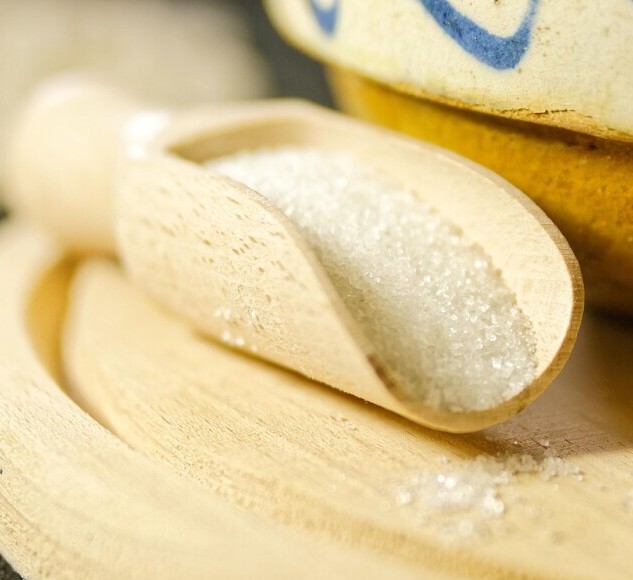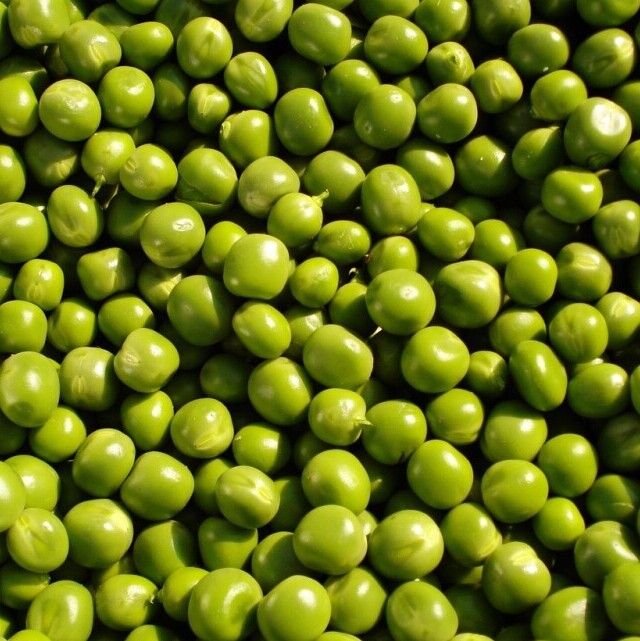Protein shakes are pretty much a staple for a lot of folks, whether you’re an athlete, trying to hit fitness goals, or just strapped for time. But, for some people, these shakes bring on a first-class ticket to tummy troubles like bloating, gas, or even the dreaded diarrhea.
So, what’s going on in there? Well, it all starts when your body breaks down proteins. Some folks have stomachs that aren’t best buddies with certain proteins, leading to an unhappy digestive system. Especially those sensitive to lactose in whey protein can find themselves in a bit of a bind after gulping down their shake.
Different protein types like whey, casein, or even hemp and vegetable proteins have varied effects on our digestion. Some proteins might have you feeling like a champ, while others could have you running to the bathroom. It’s a case of what your individual system can handle.
Plus, everyone’s got their own unique digestive triggers. Maybe it’s those artificial sweeteners or a specific type of protein. The trick is to know your own body and what sets off the alarms in your gut. Recognizing these can help you make smarter choices for a happier belly.
Decoding Labels: Hidden Culprits in Your Protein Shakes
If your protein shake isn’t sitting right, the issue might be lurking in the fine print. Additives and artificial sweeteners in your shake could be troublemakers. These ingredients sometimes don’t play nicely with your gut, causing discomfort.
Flick that label over and you’ll probably spot a list of ingredients that looks like a science project gone wrong. Things like sucralose and aspartame, or sugar alcohols like sorbitol, might unsettle your stomach and aren’t always the friends they pretend to be. They may look like sugar and even taste like it but that doesn’t mean they’ll act like it in your body.
Learning how to read labels quickly can be your secret weapon. Look out for common irritants like lactose, preservatives, and the often sneaky sugar alcohols. These names may not mean much at first glance, but they’re crucial in keeping digestive issues at bay.
Navigating this ingredient jungle doesn’t have to be a chore. Sticking to natural products with shorter ingredient lists tends to be a safer bet. When you can, choose protein powders that align with your stomach’s preferences to keep digestive gremlins away.
Tailoring Your Protein Choice: Finding What Works for You
Not all proteins are created equal, especially when your gut is calling the shots. Understanding the differences between various protein sources can be a game-changer for your digestive well-being.
Let’s talk whey. It’s the protein superstar, popular among gym-goers, but if you’re intolerant to lactose, less fame and more pain can be the outcome. Whey might offer fast results, but sometimes it’s too quick for your stomach to handle.
Enter plant-based proteins like pea or hemp. These tend to be easier on the digestion front, especially if the animal-based variety sends your stomach into a spin. Plus, they come with the added fiber boost that can be a plus for digestion.

Striking that balance between animal and plant proteins might be what your tummy needs. Some folks might mix and match, enjoying the benefits of both worlds while minimizing the odds of gastric discomfort.
Finding the right protein blend isn’t one-size-fits-all. Experiment with different types and see how each affects your digestion. Trusting your gut and tweaking your protein intake can pave the way for smoother shakes, literally and figuratively.
Implementing Dietary Changes and Listening to Your Body
Your stomach is a pro at sending signals, so tuning in can save you a lot of discomfort. When adding protein shakes to your diet, take it slow. Gradually increasing your intake gives your gut a chance to adapt.
Paying attention to your body’s feedback is key. If your gut starts protesting, it’s not just griping for no reason. Signs like bloating or discomfort are basically your system waving a red flag, shouting, ‘Something’s not right here!’
Conducting an exclusion trial can be a handy trick. By systematically removing ingredients, you can pinpoint what’s causing trouble in those shakes. Maybe it’s the type of protein or some additive disguising itself as a healthy bonus.
Whole foods can be your gut’s BFF. They provide nutrients in their natural form, complementing your protein shakes without overwhelming your digestive tract. Combining real food and protein powder can keep your meals balanced without sending your digestive system into a tailspin.

This article really spoke to me. I’ve had my fair share of protein shake woes bloating and all that discomfort so reading about how different protein sources affect digestion was super enlightening. It’s a great reminder that not all shakes are created equal, and sometimes tweaking the type or even the additives can make a huge difference. I’m inspired to experiment with plant-based options and really pay attention to my body’s feedback. It feels like a smart, practical guide for anyone looking to enjoy the benefits of protein without the tummy troubles.
Hi, Dan. Glad to hear you enjoyed the article and found it useful. Over the years I’ve had my fair share of digestion problems, and to find out my protein was adding to it did not go over well. So I did my own trail and error over and over until I finally found what worked for me and it took a long time. I hope this helps others avoid such problems to begin with or shorten the time span in finding what really works for you personally. All my best, Lavafire